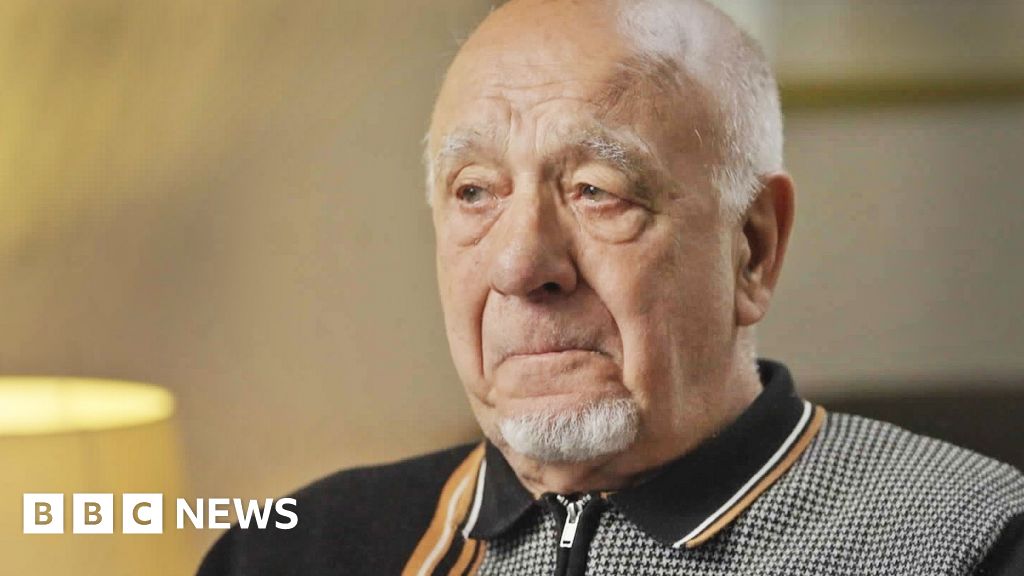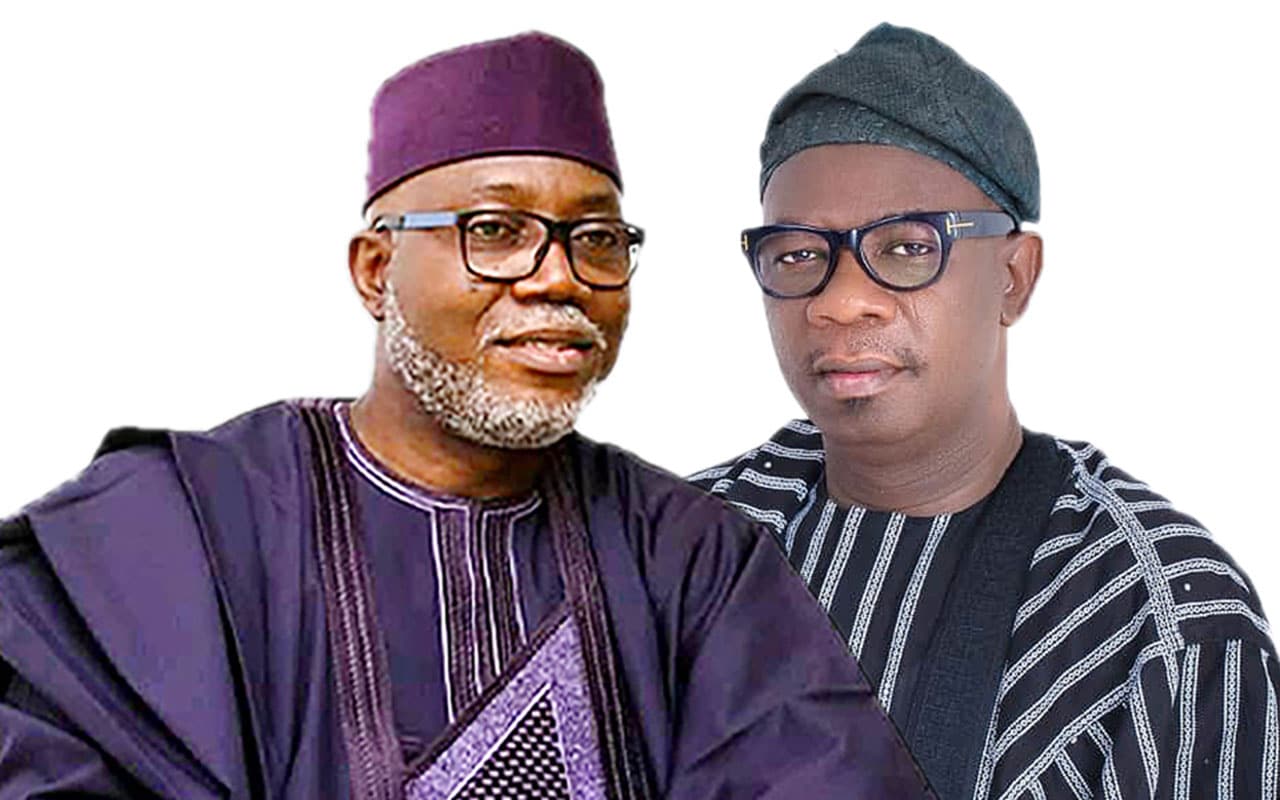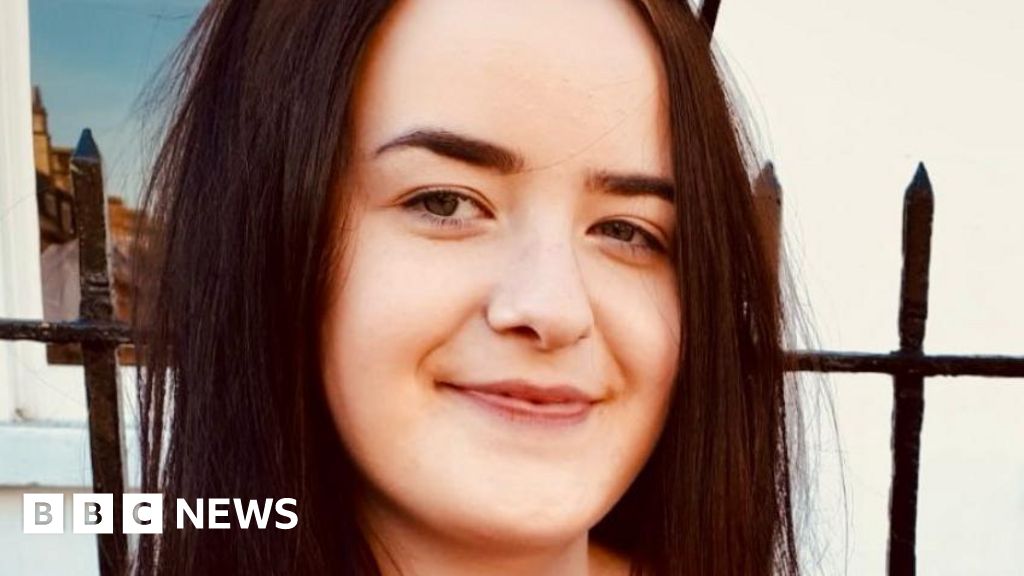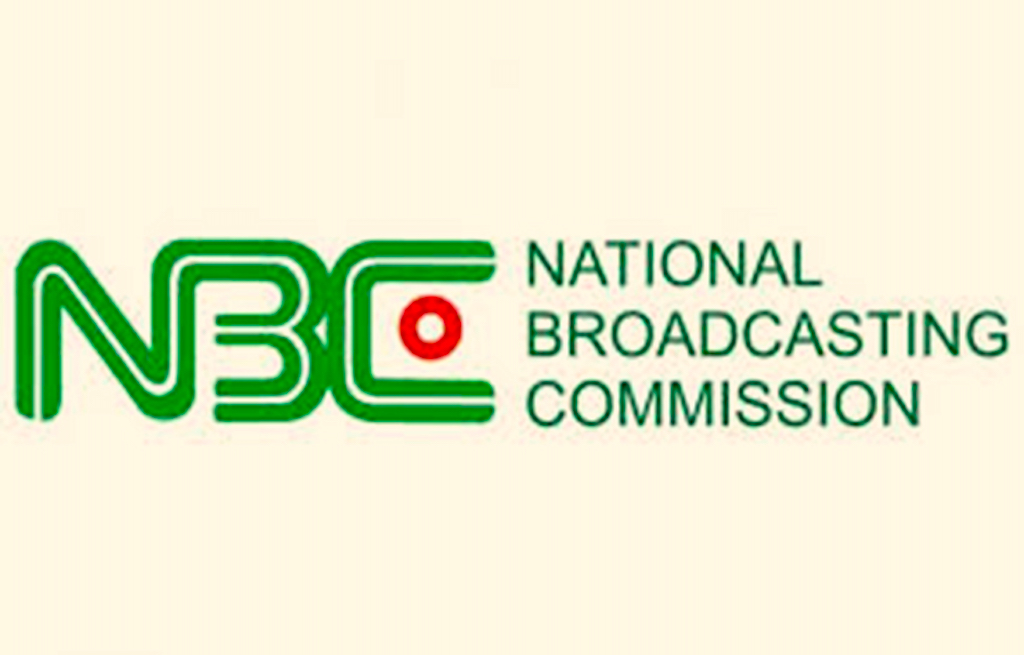Health Commissioners from the 36 states of the country and the Mandate Secretary of Health of the Federal Capital Territory have commended the leadership of Nigeria Centre for Disease Control and Prevention in the light of the recent outbreaks of cholera, diphtheria, and mpox.
They, however, called for continued support to states.
The health commissioners, under the auspices of the Nigerian Health Commissioners Forum, made this known in a communique issued at the end of their third quarterly meeting in Abuja on Friday.
The communique was signed by the Chairperson of NHCF and Commissioner for Health in Ekiti State, Dr Oyebanji Filani, and the Secretary of NHCF and Commissioner of Health in Kwara State, Dr Amina El-Imam.
The Commissioners commended President Bola Tinubu for approving the National Policy on Health Workforce Migration and his administration’s investment in the healthcare system.
They recognised the shortage of skilled healthcare workers as highlighted in the HRH assessment commissioned by the NHCF, and thus the need for innovative strategies to attract, train and retain healthcare professionals nationwide.
“Supreme Court judgment on local government financial autonomy and strengthening primary healthcare systems: The commissioners reaffirmed their commitment to strengthening primary healthcare as the cornerstone of the Nigerian healthcare system.
“Emphasis was placed on ensuring adequate staffing, training, and the provision of essential medicines and equipment to improve service delivery at the grassroots level. They considered the recent Supreme Court judgment on local government financial autonomy appraising implications for PHC financing in Nigeria.
“A sub-committee was constituted to develop a position paper in consultation with the Nigerian Governors Forum and the Federal Ministry of Health and Social Welfare.
“Response to Emerging Public Health Threats: In light of the recent outbreaks of cholera, diphtheria, and mpox, the Commissioners reviewed the preparedness and response strategies of their respective states. The sterling leadership of the Nigeria Centre for Disease Control and Prevention was commended with calls for continued support to states.
“They reiterated their commitment to sustained preparedness, enhanced surveillance, and response, including pre-positioning of drugs, supplies, and rapid response teams to contain any future outbreaks effectively. Monthly meetings of all State Health Commissioners will henceforth be held with the Director General of the NCDC,” the communique read partly.
The commissioners also acknowledged the growing and alarming incidence of Non-Communicable Diseases – hypertension, diabetes mellitus, and renal diseases and the urgent need for increased awareness, prevention, and treatment options.
They said a resolution was passed to prioritise NCDs in the state health agenda and to develop comprehensive NCD prevention and control policies.
“A week-long NCDs awareness campaign, “Know your Number, Control your Number”, will be led by the Commissioners across all states in the last quarter of 2024.
“Health Financing and Universal Health Coverage: The meeting underscored the importance of sustainable health financing models to achieve UHC. Commissioners resolved to advocate for increased budgetary allocations to health at both state and federal levels, across all three tiers (primary, secondary, and tertiary) and explore alternative funding mechanisms to ensure that all Nigerians have access to affordable and quality healthcare.
“They commended the recent efforts of the FMoH&SW on a Sector-Wide Approach and are committed to realizing its objectives in the States and the FCT. Furthermore, discussions were held with the National Primary HealthCare Development Agency, and the World Bank about expediting PHC revitalisation.
“Digital Health, Innovation and Technology in Health: The nascent digital health initiative of the FMoH&SW and its role in advancing healthcare delivery was also discussed, with Commissioners committing to explore practical ways of operationalising the proposed digital health solutions for data-driven decision-making in the States,” it added.
The Health Commissioners expressed their collective commitment to working together to improve the health outcomes of all Nigerians.
They also called on all stakeholders, including the private sector and civil society, to support these initiatives to build a healthier and more prosperous Nigeria.

 3 months ago
45
3 months ago
45















 English (US) ·
English (US) ·